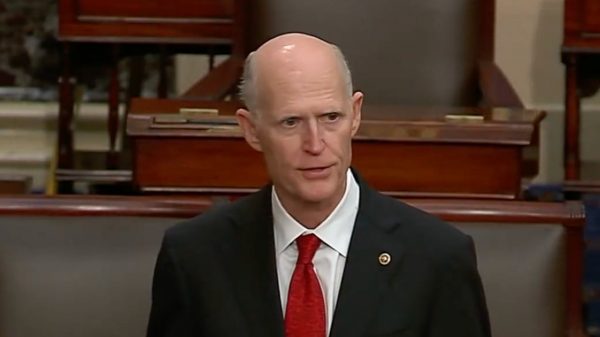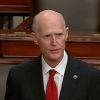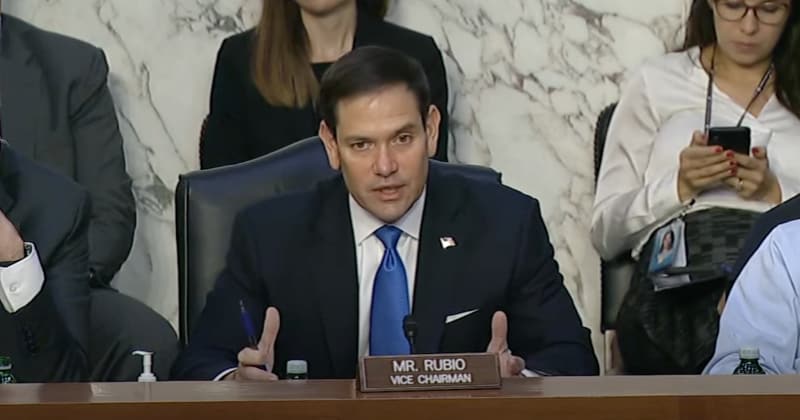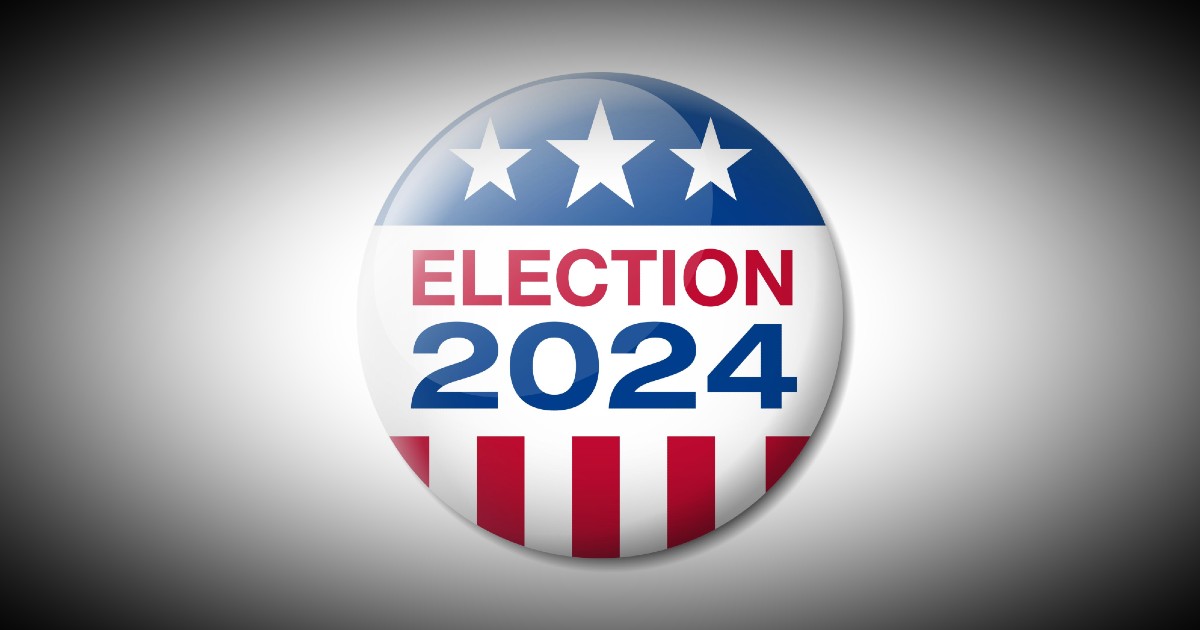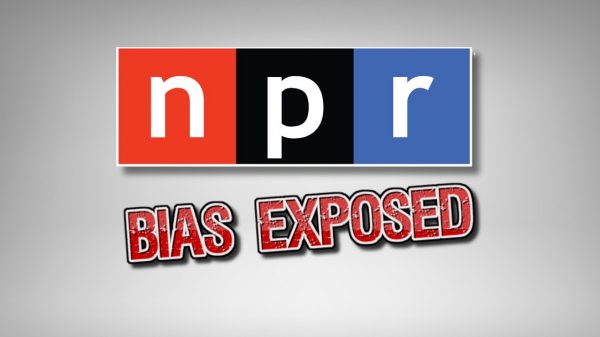On Tuesday, Florida’s two U.S. senators–Republicans Marco Rubio and Rick Scott–signed a letter led by U.S. Sen. Tom Cotton, R-Ark., to Director of National Intelligence John Ratcliffe, Federal Bureau of Investigation Director Christopher Wray, and acting U.S. Sec. of Homeland Security Chad Wolf expressing concern over the Chinese social-media service TikTok.
Other signers included Republican U.S. Sens. Kevin Cramer of North Dakota, Ted Cruz of Texas, Joni Ernst of Iowa and Thom Tillis of North Carolina.
The senators wrote that TikTok could enable the Chinese Communist Party (CCP) to engage in influence operations against the United States, including operations designed to interfere with our elections.
The full text of the letter can be found below.
Dear Director Ratcliffe, Director Wray, and Acting Secretary Wolf,
We write to raise concerns about TikTok, the Chinese social-media service, which could enable the Chinese Communist Party (CCP) to engage in influence operations against the United States, including operations designed to interfere with our elections.
The Trump Administration has rightly taken steps to maintain the security and integrity of our elections. As President Trump stated in Executive Order 13848 in September, 2018, “the proliferation of digital devices and internet-based communications has created significant vulnerabilities and magnified the scope and intensity of the threat of foreign interference.” The administration has acted decisively on this threat by forcing media outlets controlled by hostile state actors like Russia and China to register as foreign agents, imposing sanctions on foreign officials who attempted to meddle in American elections, and issuing repeated warnings about efforts by hostile foreign powers to interfere in upcoming elections.
TikTok has become a popular forum for Americans—particularly younger Americans—to engage in political conversations. I’m greatly concerned that the CCP could use its control over TikTok to distort or manipulate these conversations to sow discord among Americans and to achieve its preferred political outcomes.
TikTok is owned by the Chinese firm ByteDance, and the majority of the company’s engineering and development resources are based in China. ByteDance regularly modifies TikTok content to satisfy CCP censorship rules. In 2019, the Washington Post reported that ByteDance employees based in China set TikTok’s content standards and issued commands to remove TikTok content they deemed “subversive or controversial.” In November 2019, TikTok locked the account of an American teenager who posted a video critical of the CCP’s horrific crimes against the Uighur people in China. TikTok only reversed this act of censorship and unlocked the young woman’s account after a public outcry.
The CCP devotes significant resources to conduct information operations overseas. Beijing exploits the openness of Western democracies and social-media platforms to propagate the Party’s preferred narratives. The CCP conducts these influence operations by coopting traditional media outlets, spending tens of millions of dollars to purchase space in major U.S. newspapers for propaganda by state-owned outlets like China Daily, and working to ensure Chinese state television channels like CGTN dominate Chinese-language media overseas. The CCP also manipulates overseas political discussions on Chinese-owned social media platforms like WeChat. Chinese government officials increasingly use Western social-media companies, including those banned in China, to flood global social media with propaganda and misinformation.
With this history in mind, we respectfully request answers to the following questions about TikTok:
Do you believe ByteDance’s ownership of TikTok gives the CCP an opportunity to conduct influence operations within the United States, including campaigns directed at changing the outcome of elections?
Given the CCP’s control over ByteDance, is it possible Chinese officials could direct TikTok’s employees to amplify or suppress certain political content for U.S. users?
Could the CCP direct networks of bots to create or boost its preferred political content on TikTok and other social-media platforms?
If evidence emerges of CCP electoral interference via TikTok, would ByteDance be eligible for sanctions under President Trump’s September 12, 2018, executive order on foreign electoral influence?
What other Chinese social-media applications and technology corporations present vectors for election interference in the United States?
Thank you for working to ensure the integrity of our elections from Chinese interference, which is important in order to maintain the American people’s trust in the democratic process. We look forward to hearing from you.









